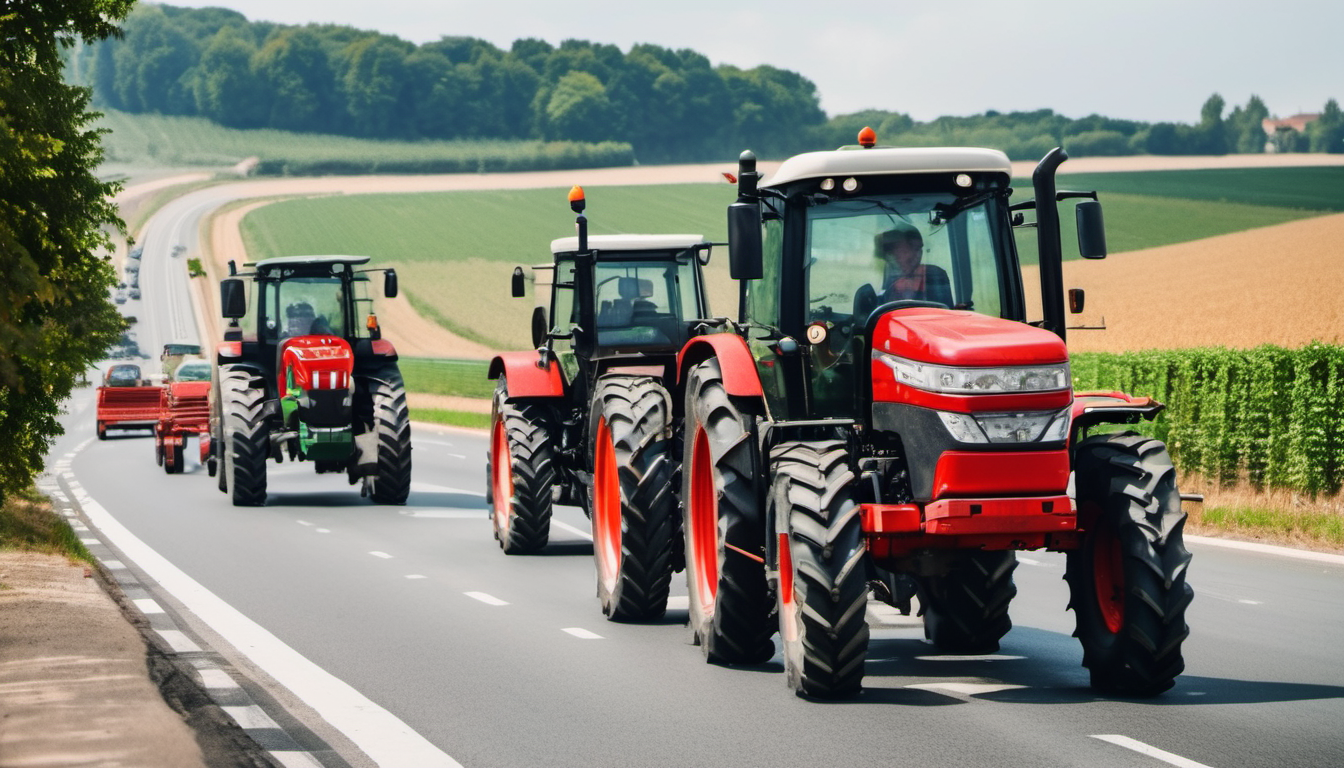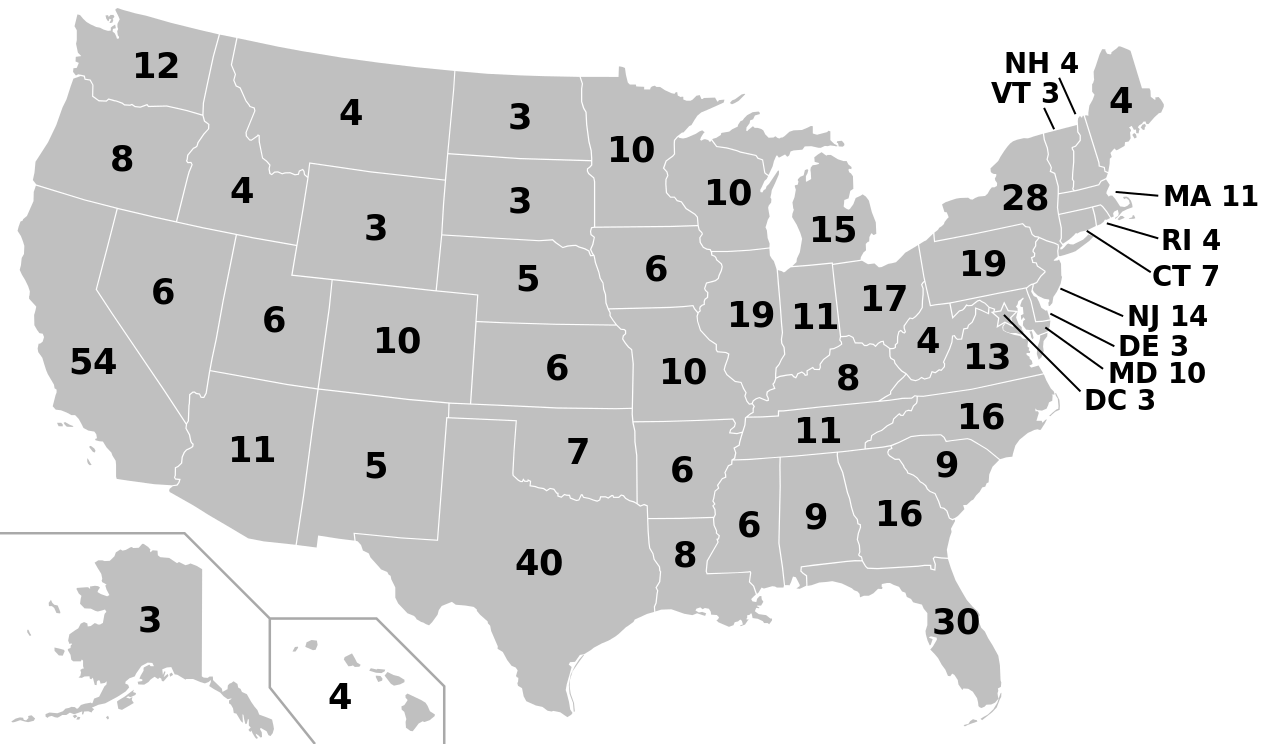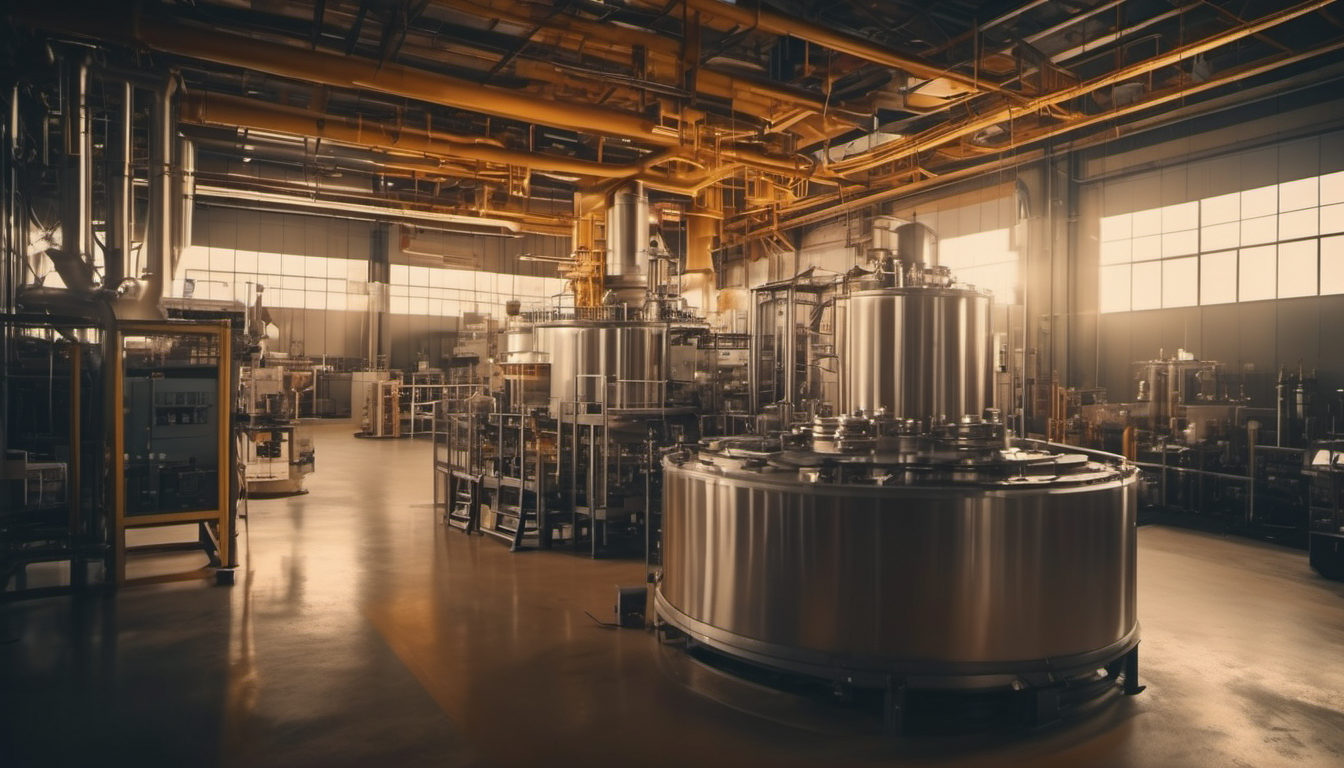The widespread protests and disruptions by farmers in France and various parts of Europe signal a deep-seated discontent rooted in a series of complex issues, that are neither easy to solve or quick to implement. The recent blockades of major highways leading to Paris by French farmers are part of a broader movement with concerns over compensation, regulatory burdens, and international trade dynamics. To understand the complexity of these protests, we’ll have to look at specific problems these farmers are concerned about and how they have and will continue to affect issues such as agricultural rules, environmental laws, and the overall way of life in these areas.
I. Compensation Woes and Regulatory Challenges:
At the heart of the farmers’ grievances in France lies a perceived inadequacy in compensation and the stifling impact of excessive regulations, particularly in the realm of environmental protection. Farmers, who are the backbone of the country’s agricultural landscape, argue that they are not being paid commensurately for their efforts, exacerbating financial strain in an already challenging profession.
A major point of contention is the government and retailers’ concerted effort to bring down food inflation. While this initiative may appear noble from a consumer standpoint, farmers contend that it has left them unable to cover the escalating costs associated with their operations. The costs for energy, fertilizers, and transportation have surged, compelling farmers to confront economic hardships. The decision by the government to phase out a tax break on diesel fuel for farmers, ostensibly aligned with broader energy transition policies, has further fueled tensions and acted as a flashpoint for protests.
II. Unfair Competition and Import Pressures:
The global dynamics of trade have played a pivotal role in stoking the fires of discontent among European farmers, particularly in France. The influx of large imports, notably from Ukraine, has triggered concerns about unfair competition. The European Union’s decision to waive quotas and duties on Ukrainian imports following Russia’s invasion has not only altered the trade landscape but has intensified the perception of an uneven playing field. The renewed negotiations for a trade deal between the EU and the South American bloc Mercosur have added fuel to the fire, as farmers fear the implications for sectors such as sugar, grain, and meat.
The resentment towards these imports is twofold. On one hand, farmers argue that these external products exert pressure on European prices, making it difficult for them to compete. On the other hand, there is a palpable frustration over the perceived lack of adherence to the environmental standards imposed on EU farmers. The imports, unencumbered by the same regulations, are seen as undermining the efforts of local farmers who strive to meet stringent environmental benchmarks.
III. Environmental Regulations and Bureaucratic Hurdles:
The environmental dimension of the protests is significant, as farmers grapple with a combination of EU subsidy rules and what they perceive as France’s over complicated implementation of these policies. The incoming requirement to leave 4% of farmland fallow, part of EU subsidy rules, has raised objections from farmers who argue that it hampers their productivity. Green policies, intended to address environmental concerns, are paradoxically viewed as conflicting with the broader goal of achieving greater self-sufficiency in the production of food and essential goods.
Beyond subsidy rules, farmers express frustration with what they see as France’s intricate approach to implementing EU policies, citing examples such as the restoration of hedges. These bureaucratic hurdles add an extra layer of complexity to an already demanding profession, further straining the relationship between farmers and the regulatory apparatus. The paradox of striving for environmental sustainability while navigating intricate bureaucratic landscapes has become a central theme in the protests.
IV. Socioeconomic Challenges and Aging Farmer Population:
The protests also illuminate broader socioeconomic challenges facing the farming community, particularly in France. Rows over irrigation projects, criticisms about animal welfare, and concerns about pesticide use have heightened feelings among an aging French farmer population. The sense of being disregarded by society adds a poignant layer to the protests, as farmers grapple with not only economic pressures but also a perceived lack of recognition and understanding.
The demographics of the farming community are evolving, with an increasing proportion of older individuals engaged in agricultural pursuits. This demographic shift brings its own set of challenges, as the older generation seeks to pass on the baton to younger farmers while simultaneously dealing with the intricacies of modern agricultural practices, environmental regulations, and global trade dynamics. The protests, in many ways, serve as a collective expression of the anxieties and frustrations of a community that feels marginalized and overlooked.
V. Government Responses and Policy Measures:
The French government, acutely aware of the escalating crisis, has responded with a series of measures aimed at quelling the unrest. Prime Minister Gabriel Attal, in a bid to diffuse tensions, announced on January 26 the scrapping of diesel tax increases for farmers. This move, coupled with steps to reduce bureaucratic red tape and additional aid for farmers affected by a cattle disease in the south, represents an initial attempt to address some of the concerns raised by the protesting farmers.
However, the government’s response has been met with mixed reactions, and farmers’ unions are calling for continued protests. As the protests continue, the government has maintained a relatively tolerant stance, even in the face of sporadic violent incidents. Security measures have been implemented to protect vital infrastructure such as Paris’ airports and wholesale food market. Further measures are promised in the coming days, with ongoing consideration of additional support for specific sectors such as wine producers and livestock farmers.
Given that a substantial portion of agricultural policies and subsidies are determined at the EU level, France is actively seeking concessions from its European partners. For instance, there is an exploration of a possible waiver on the fallow land requirement, a nuanced issue that President Emmanuel Macron might raise at an upcoming leaders’ summit. The interplay between national and supranational policy dynamics underscores the complexity of addressing the concerns of farmers within the broader European context.
VI. Regional and Pan-European Dimensions:
The unrest among farmers is not confined to France alone; it resonates across Europe, reflecting shared concerns and challenges faced by agricultural communities in other nations. Belgium witnessed disruptions as tractors blocked traffic around the capital, while in Germany, protests erupted following a decision to phase out a tax break on agricultural diesel. The near standstill of Berlin earlier in the month, with trucks and tractors occupying central avenues, highlighted the intensity of the discontent.
In Romania, farmers and truck drivers have also taken action, with protests against high business costs leading to blockades at a border crossing with Ukraine. These regional expressions of frustration underscore the pan-European nature of the challenges faced by farmers. The protests serve as a collective call for attention to the intricacies of agricultural policies, trade dynamics, and environmental regulations that impact farmers across diverse geographical and political contexts.
VII. Future Outlook and Collaborative Solutions:
As the protests continue to unfold, the future trajectory remains uncertain. The government’s ability to navigate a delicate balance between addressing the concerns of farmers and implementing broader policy objectives will be crucial. The upcoming European elections in June add an additional layer of complexity, placing pressure on the government to find viable and lasting solutions to appease the agricultural community.
Collaboration at both the national and European levels is imperative for crafting comprehensive and sustainable solutions. While the grievances articulated by farmers may have specific local nuances, the underlying issues are emblematic of broader challenges facing agriculture in the 21st century. Balancing the need for environmental sustainability, fair trade practices, and the economic viability of farming is a complex task that requires nuanced and collaborative policymaking.
These protests by farmers in France and various parts of Europe are the result of a mix of economic, environmental, and regulatory problems. The demands for fair compensation, concerns about global trade dynamics, and frustrations with bureaucratic hurdles underscore the complexities facing the agricultural sector. As the protests reverberate across national borders, they serve as a clarion call for policymakers to engage in meaningful dialogue and collaborative efforts to address the multifaceted issues confronting farmers. The future of European agriculture hinges on the ability to find innovative and sustainable solutions that reconcile the diverse interests of farmers, consumers, and policymakers in the pursuit of a resilient and equitable agricultural sector.









Leave a Reply